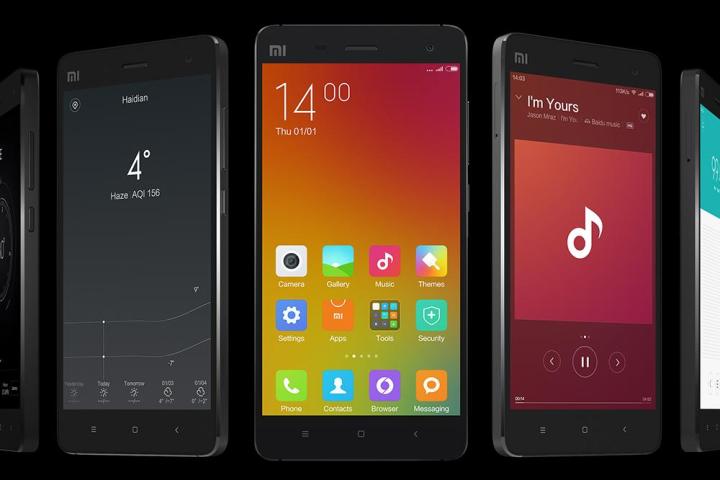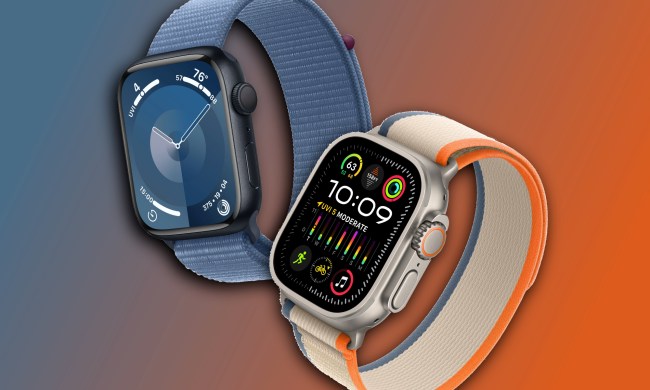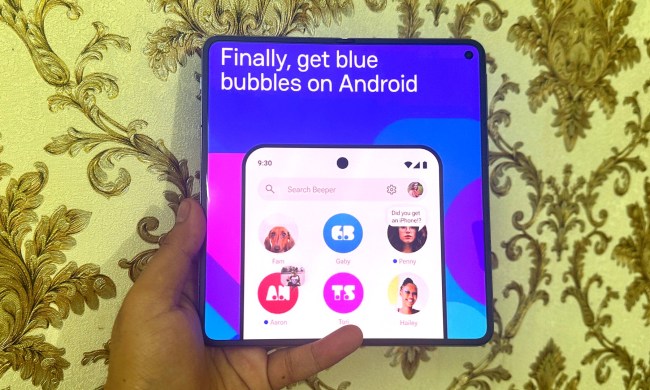
The reversal comes as a bit of a surprise. The hugely successful iPhone 6 and iPhone 6 Plus drove Apple to the number 1 spot in China late last year, a position of dominance it maintained into early this year. Indeed, the company led Xiaomi by a full percentage point (14.7 percent versus 13.7 percent, according to research firm IDC) in Q1 despite the iPhone’s high sticker price.
“Convincing existing users to upgrade to new smartphones will now be the key to further growth in the China market.”
Canalys attributes Apple’s recent decline in part to weakening demand among Chinese consumers. The premium handset market has continued to “[remain] stagnant quarter-on-quarter,” analyst Jingwen Wang said in a press release. Research firm IDC made a similar assessment in May. “Smartphones are becoming increasingly saturated in China,” said managing director at IDC China Kity Fok. “[Convincing] existing users as well as feature users to upgrade to new smartphones will now be the key to further growth in the China market.”
Sluggishness at the high end has allowed phone vendors like Xiaomi to undermine Apple at the middle and low end, but timing likely played a part, too. The iPhone 6 and iPhone 6 Plus are approaching the tail-end of Apple’s yearly upgrade cycle, and demand typically falls ahead of new product launches. The company is expected to debut new handsets at an event in September.
“Competition among major brands has never been so intense,” said Wang.
Apple, despite its slip in rank, is by no means hurting. Annual sales in China skyrocketed 45 percent in November thanks both to an iPhone launch on all three major Chinese carriers and scores of “rich urban […] consumers,” Counterpoint Research reports. And despite a small decline in Q1 2015, analysts at IDC estimate that Apple shipped 14.5 million iPhones, or 62.1 percent more than the same period a year ago.
“Competition among major brands has never been so intense.”
Xiaomi for its part “is under immense pressure to maintain its top position in the quarters to come,” Wang notes, but the company’s social-first strategy continues to prove successful. Xiaomi leans heavily on connected media, hosting Internet giveaways and flash sales for its legion of followers. One event in April broke a world record — certified by Guinness — for “Most mobile phones sold on a single online platform within 24 hours” — 2.11 million.
Xiaomi’s also expanding. The company has grown to an estimated net worth of $46 billion in 5 years and is the No. 5 smartphone maker in the world. It established a presence in other Asian countries and launched in Brazil in July. Xiaomi plans to soon debut phones in Latin American and Middle Eastern territories.
Stateside, Xiaomi’s making tepid moves forward. At an event in San Francisco in June, the company announced the launch of its online platform, Mi.com, in the United States. It currently offers a range of accessories, among them Xiaomi’s affordable $15 Mi Band and the $80 Mi Headphones.


